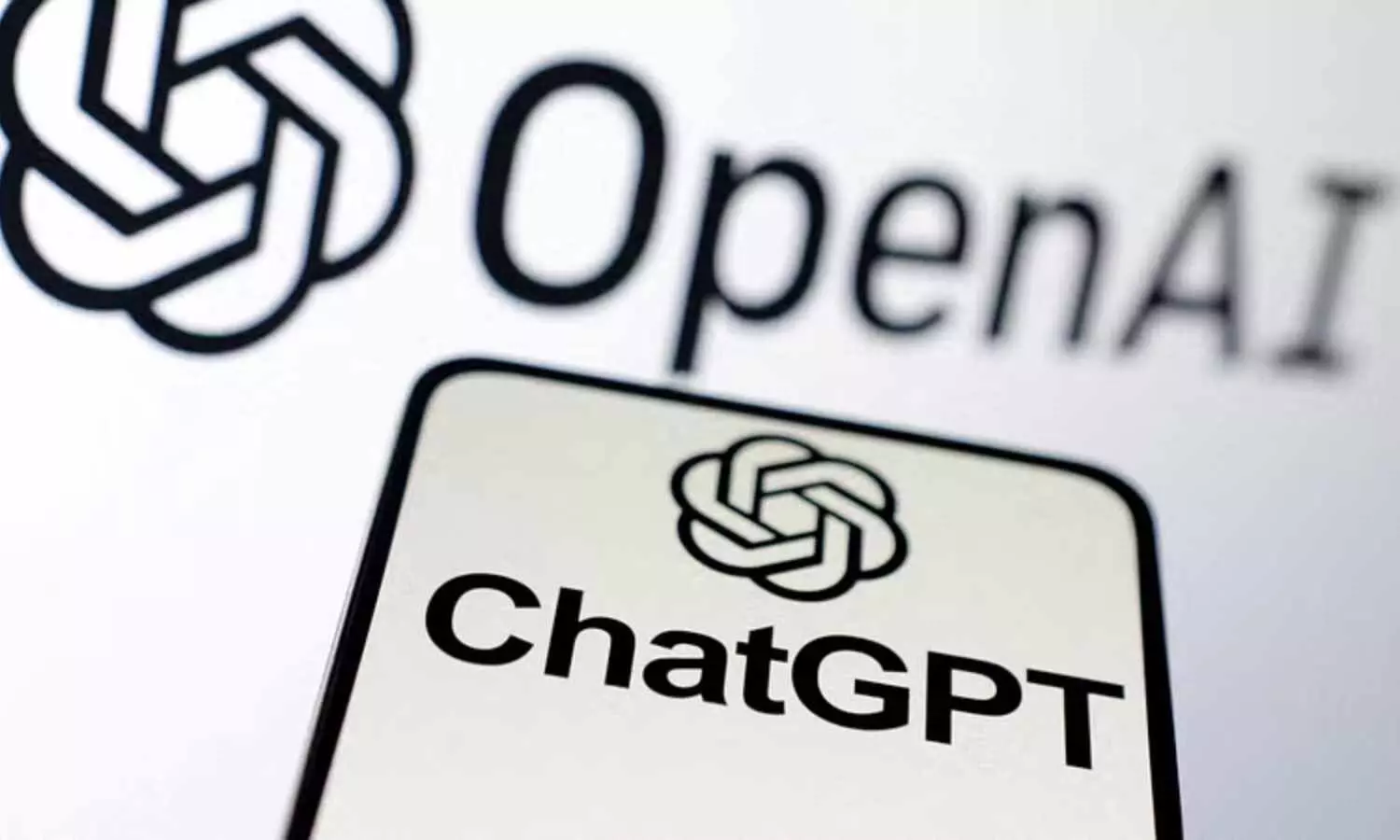Stop Doing These 10 Things With ChatGPT Right Now
ChatGPT is helpful, but not for everything. Avoid these 10 risky mistakes that may lead to wrong info, privacy leaks, or serious consequences.
image for illustrative purpose

ChatGPT has become an everyday tool for users worldwide, assisting with emails, travel plans, coding support, and more. While its convenience is undeniable, there are serious risks when relying on it for tasks beyond its intended purpose.
Here are 10 critical areas where using ChatGPT can be dangerous or misleading:
1. Self-diagnosing Health Issues
Asking ChatGPT about physical symptoms might lead to misleading assumptions. The model lacks medical training and cannot examine you. It’s not a substitute for a licensed healthcare provider.
2. Handling Mental Health Concerns
People dealing with stress or emotional challenges should seek licensed therapists. While the tool may offer general advice, it is not equipped to provide professional mental health support.
3. Responding to Emergencies
In crises such as fires, accidents, or gas leaks, relying on ChatGPT can delay necessary action. Always contact emergency services instead of turning to a chatbot.
4. Making Financial or Tax Decisions
ChatGPT cannot evaluate personal finances or tax regulations accurately. Financial planning requires human judgment and personalized analysis. Avoid inputting sensitive data.
5. Entering Private or Confidential Information
Avoid sharing personal identification, legal paperwork, or medical records with ChatGPT. Once entered, that data may no longer remain private and could be stored or reused.
6. Attempting Illegal Activity
Using AI tools for unlawful activities, even hypothetically, is risky. Such attempts can be flagged and may have legal consequences.
7. Seeking Real-time News or Updates
While ChatGPT may provide recent information when connected to browsing tools, it does not continuously update. For live news, use verified news sources.
8. Using for Gambling Predictions
ChatGPT is not built to predict match outcomes or odds accurately. Betting based on AI-generated suggestions can result in losses.
9. Drafting Legal Documents
Legal language requires precision, and laws vary by jurisdiction. Mistakes in documents like wills or contracts can lead to invalidation. Professional legal advice is essential.
10. Claiming AI-generated Content as Personal Work
Using ChatGPT to create art, writing, or designs without disclosure undermines creative integrity. It’s important to differentiate between human and AI contributions.

